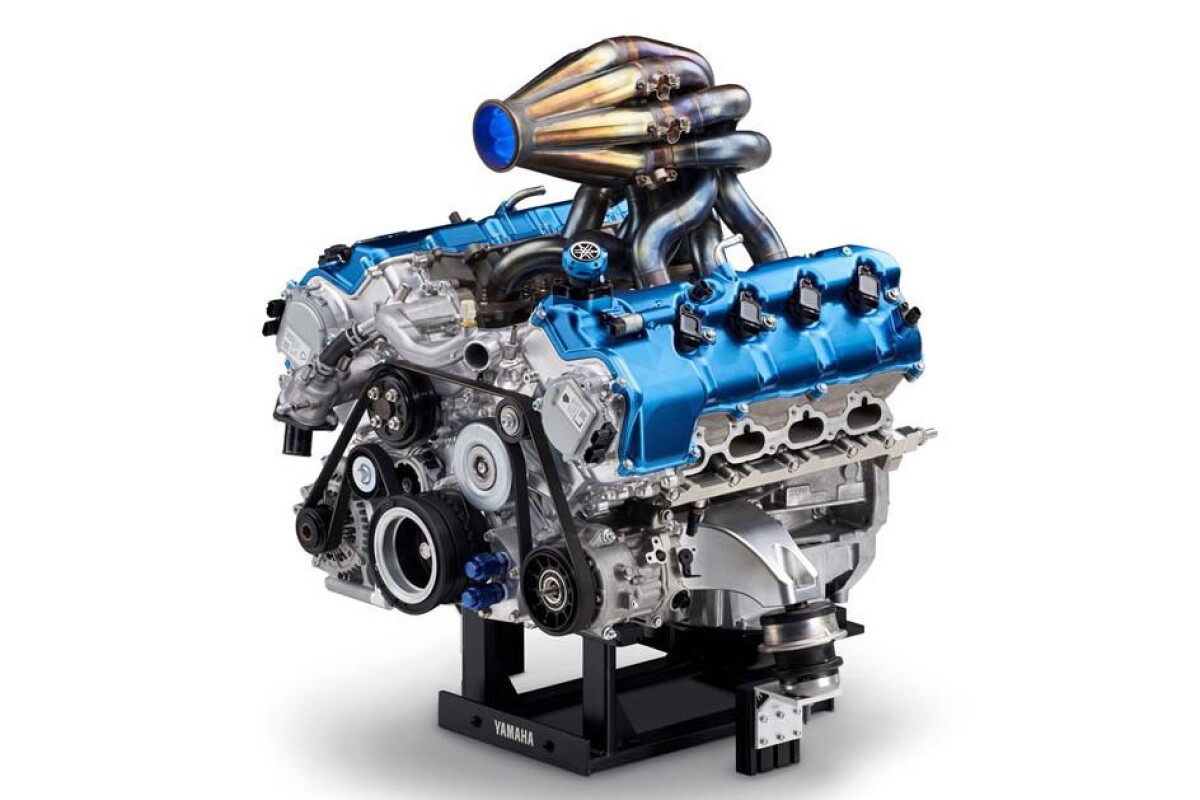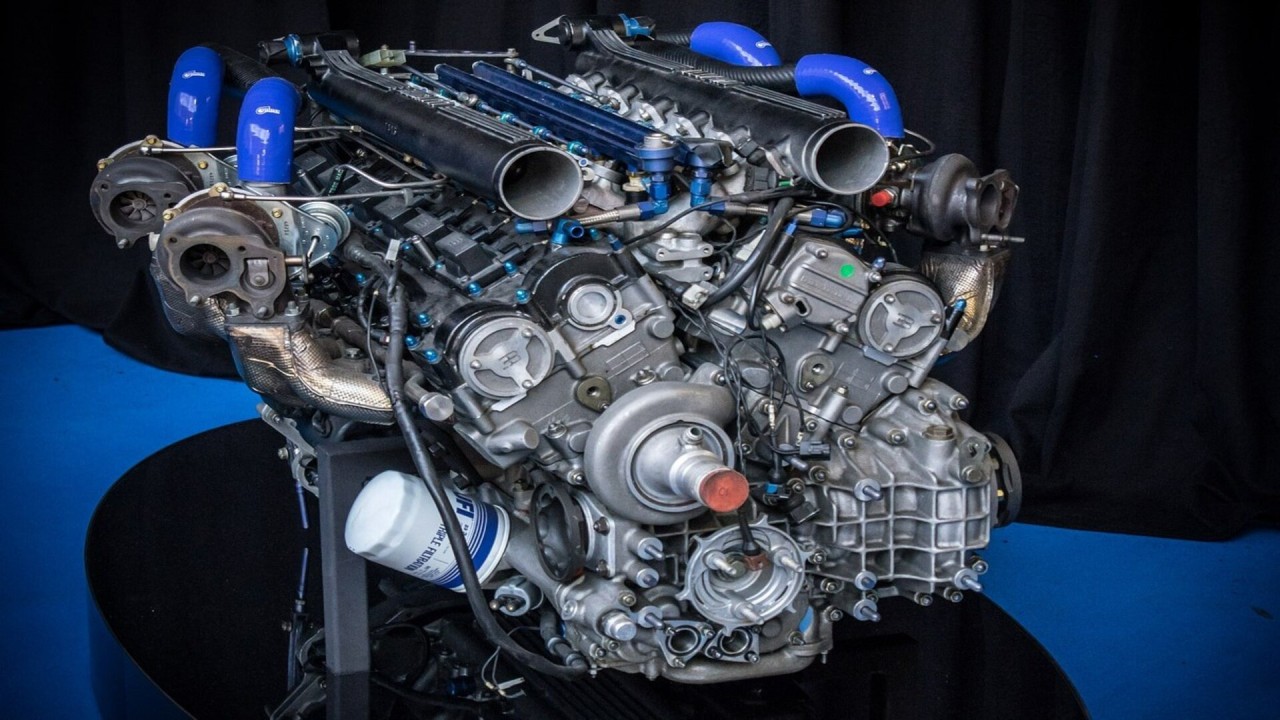Why Pick Engines For Africa for Reliable Motors
Why Pick Engines For Africa for Reliable Motors
Blog Article
Discover a Wide Variety of Engines for every single Lorry and Objective
The automotive landscape is increasingly complex, with a diverse array of engine types developed to meet specific performance and performance needs across various car categories. From the high-performance engines that power cars to the fuel-efficient choices customized for everyday travelling, the options are substantial and differed. Additionally, heavy-duty engines offer the demands of job vehicles, while eco-friendly options are acquiring traction in the pursuit of lasting transport. Comprehending these distinctions is crucial for making educated choices, particularly as emerging modern technologies proceed to shape the future of automotive design. What ramifications might these improvements hold for makers and consumers alike?
Kinds Of Automotive Engines
Automotive engines can be categorized into a number of distinctive kinds, each created to fulfill specific performance and efficiency requirements. The most typical classifications include inner combustion engines, electrical engines, and hybrid systems.

Electric engines, on the other hand, run on electrical power saved in batteries, giving instant torque and zero discharges. These engines are becoming progressively popular as a result of innovations in battery innovation and the expanding focus on sustainability.
Crossbreed systems incorporate both inner combustion and electric engines, enabling automobiles to optimize fuel effectiveness and minimize emissions by flawlessly changing between source of power. Each engine kind offers its benefits and downsides, influencing variables such as automobile style, planned usage, and market need. When selecting the suitable engine for their certain requirements., understanding these distinctions is important for producers and customers alike.
Performance Engines for Sports Cars
Efficiency engines for cars are especially crafted to deliver boosted power, dexterity, and rate, setting them besides typical automobile engines. These engines often make use of innovative technologies such as turbocharging, turbo charging, and variable shutoff timing to optimize efficiency and responsiveness.
Commonly, efficiency engines are made with greater compression ratios, which permit higher energy removal from fuel. This causes remarkable horse power and torque numbers, enabling quick acceleration and higher full throttle. In addition, the lightweight products utilized in these engines, such as light weight aluminum and carbon fiber, add to lowered total vehicle weight, enhancing handling and ability to move.
Engine setups like V6, V8, and also hybrid systems prevail in performance sports autos, each offering unique advantages in regards to power shipment and driving dynamics. The tuning of these engines is likewise crucial; numerous producers maximize the engine management systems to provide an electrifying driving experience, usually including sporting activity modes that change throttle reaction and equipment changes.
Effective Engines for Daily Commuters
In the world of daily travelling, reliable engines play an important duty in enhancing gas economy and decreasing emissions while supplying reputable efficiency. As urban populations expand and ecological concerns increase, the need for cars furnished with efficient powertrains has risen.
Modern engines designed for everyday travelers often integrate technologies such as turbocharging, direct gas shot, and crossbreed systems. Turbocharging boosts engine efficiency by requiring even more air right into the burning chamber, enabling smaller, lighter engines that do not jeopardize power outcome. Straight gas shot enhances gas atomization, bring about far better combustion and increased effectiveness.
Hybrid engines, combining interior burning with electrical power, more boost gas economic situation, particularly in stop-and-go traffic, where traditional engines can deal with inefficiencies. Electric motors assist during acceleration and can run individually at reduced rates, lowering total gas usage.
In addition, advancements in engine management systems and lightweight materials contribute substantially to effective engine style. By focusing on performance, sturdiness, and ecological sustainability, producers continue to deliver engines that not just fulfill the needs of everyday commuting but also align with global efforts to reduce carbon footprints.
Heavy-Duty Engines for Work Cars
Sturdy engines for job vehicles are regularly crafted to provide extraordinary torque and dependability under requiring problems. These engines are designed to perform in atmospheres where conventional engines may falter, such as construction sites, logging procedures, and farming settings. The primary focus of heavy-duty engines is their capacity to produce high levels of power while keeping longevity over expanded durations of procedure.
Typically, durable engines utilize sophisticated materials and durable construction methods to withstand the rigors of hefty workloads. Functions such as reinforced cylinder blocks, boosted cooling systems, and progressed gas injection modern technologies contribute to their efficiency. These engines often operate at reduced RPMs, which helps to enhance gas efficiency while supplying the essential power for hauling and carrying.
In enhancement to mechanical toughness, sturdy engines are typically equipped with advanced digital control units (ECUs) that handle efficiency, emissions, and diagnostics. This integration enables far better tracking and upkeep, guaranteeing that job vehicles remain functional and reliable.
Ultimately, heavy-duty engines are a crucial component in the productivity of various markets, supplying the essential power and integrity to tackle the toughest of tasks.
Eco-Friendly Engine Options
The growing emphasis on sustainability has resulted in the growth of environmentally friendly engine choices that prioritize decreased discharges and enhanced fuel effectiveness. These engines are created to minimize the ecological influence of lorries while still supplying the performance and reliability anticipated by customers.
Amongst the most noteworthy environmentally friendly choices are hybrid and electric engines. Crossbreed engines integrate conventional internal burning engines with electric propulsion, enabling lowered gas usage and lower greenhouse gas emissions. Electric engines, on the various other hand, operate entirely on battery power, generating no tailpipe discharges and contributing to cleaner air top quality.
One more promising growth is the improvement of biofuel engines, which utilize sustainable resources, such as plant products, to browse around here power vehicles (Engines For Africa). By making use of biofuels, these engines can decrease dependence on fossil fuels and reduced overall carbon impacts

As the automobile industry evolves, eco-friendly engine alternatives will play an essential duty in driving the shift towards even more lasting transportation services.
Conclusion
From high-performance engines that enhance sports auto capabilities to efficient designs focusing on gas economic situation for day-to-day commuters, each type serves a particular feature. Sturdy engines provide to durable work vehicles, while environmentally friendly choices, such as electric and biofuel engines, promote lasting transport.

Report this page